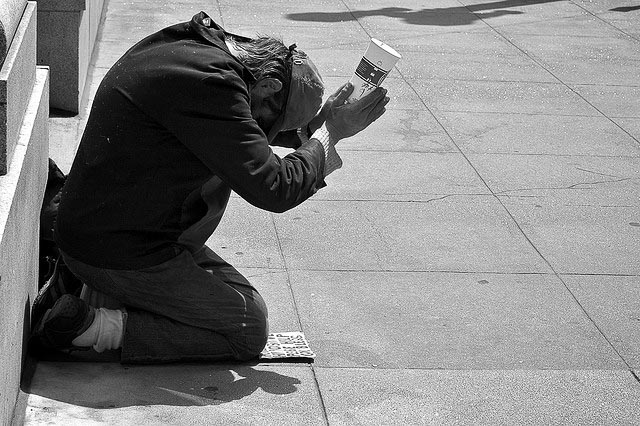While the Urban Edge strives to provide readers with daily news and insights about urban policy, we’re also voracious readers of city news ourselves. As part of a new weekly feature, senior editor Ryan Holeywell and the staff of the Kinder Institute highlight the week’s most interesting articles from around the web about urban policy and city life.
The next education secretary: Polarizing, powered by personal story
The Washington Post profiles John King, who President Obama has selected to succeed Arne Duncan as Education Secretary. Orphaned at 12, King says he found refuge in the New York City public school system. “Those teachers created amazing educational experiences, but also gave me hope — hope about what is possible, what could be possible for me in life,” he said. Despite a quiet demeanor, King is one of the most controversial figures in education due to his positions on teacher evaluations and Common Core.
Albuquerque Gives Panhandlers Day Jobs, Not Tickets
Governing magazine reports on the New Mexico city’s program that offers panhandlers $9 per hour to work on beautification projects such as pulling weeds and picking up litter. The move is part of a broader effort to reduce homelessness and connect the indigent with resources and services. "We wanted to try and create an initiative that would be a little out of the box," Mayor Richard Berry said. "Instead of taking the punitive approach and the regulatory approach, why not try something that uplifts everybody?"
Here's what bike commuting looks like in 12 major cities
Vox crunches the data to find fun facts about cycling all over the world. Who knew that Amsterdam residents cycle faster than those of any other city? Or that most bicycle commutes happen on Tuesday? The data is based on GPS information collected by the workout app Strava.
Metro CEO says transit agencies need to care about gentrification
Phil Washington, who leads L.A.’s transit agency, is well aware of one of the unfortunate side effects of transit-oriented development: gentrification that displaces low-income residents who live near transit lines. Washington, at a recent event, argued that too many transportation planners don't think about development near their lines, the Los Angeles Times reports. But, he notes, if low-income users are priced out of urban centers and move further away, Metro loses riders or has to spend more money extending service to them.
A Discouraging Portrait of America's Urban Public Schools
A new report promises to plug a hole in education data by offering figures on performance of public and charter schools in 50 major cities. The findings are bleak, but unfortunately, they’re probably not surprising. “Our analysis shows some bright spots, but performance in most cities is flat. Poor and minority students face staggering inequities, and the picture is especially bleak for black students,” the University of Washington’s Center on Reinventing Public Education writes, according to City Lab. Click the link to see city-by-city charts on student performance.
Can Smart Mobility Planning Prevent the “Disneyfication” of Venice?
Venice is an urban planning nightmare, but it continues to enchant tourists. CityMetric reports on the ambitions of Venice Smart City, which is trying to find ways to address the massive congestion stemming from the hoards of tourists who visit the city daily. One key challenge: if tourism is limited, the city will need to find some other way to earn its livelihood.

